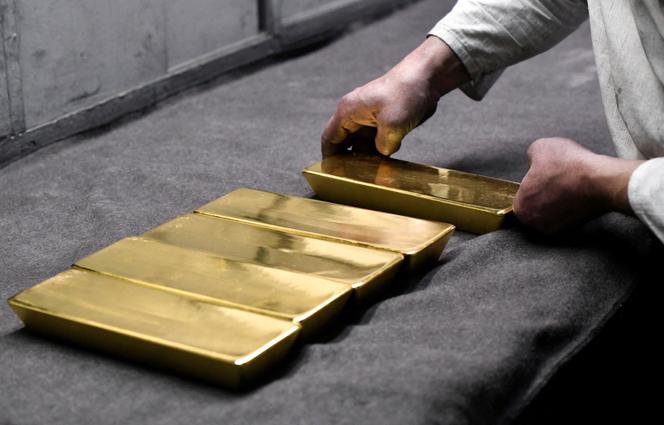


The Mount Washington Hotel is a magnificent red-roofed building, nestled at the foot of the highest mountain in the eastern United States. In July 1944, this hotel, located in the Bretton Woods area of New Hampshire, hosted the conference that set the framework for the post-war global economy. The event consecrated one country's economic power, and the instrument of its domination: the dollar. Eighty years on, in the less lush halls of the International Monetary Fund and the World Bank in Washington, two institutions created by the Bretton Woods agreement, the anniversary of this major event is currently being celebrated.
At the same time, on the other side of the world in Kazan, in the Russian province of Tatarstan, Bretton Woods' enemies have met under the auspices of Vladimir Putin, the Russian president, to express their rejection of this hegemony. The BRICS summit brings together 9 countries, featuring Russia, China, India, Brazil and South Africa, and also including Iran, Egypt and the United Arab Emirates. What they have in common is their desire to free themselves from American guardianship, or at least to assert their independence amid the current geopolitical disorder.
One dream many of these countries, especially Russia and China, share, is to do away with the "king dollar." This is already the case for Moscow, which has been from the greenback since the invasion of Ukraine. However, with little chance of convincing India or the Emirates to switch to paying in yuan, China's currency, this dream will remain very distant for a long time to come. There is one sign, however, that they could take comfort in: the gold craze.
This barbaric relic, which was decried by British economist John Maynard Keynes, one of the architects of Bretton Woods, has not been pegged to the dollar since 1971, and has been following a spectacular trend that has baffled analysts. Over the past year, its price has risen by 40%. Normally, this rent and interest-free investment is an investment for hard times, fluctuating as the world becomes more or less disorderly. Yet its recent performance has been linear, unaffected by the rise and fall of inflation, or by the performance of the US stock market. Gold has risen and risen – without stopping. The reasons investors have put forward today are mostly based on the anticipation of falling interest rates and falling inflation.
Yet central banks' record gold purchases, which underpin the trend, are also largely linked to a loss of confidence in the US's ability to influence the world order. The downturn announced in the event of a Donald Trump victory in the US presidential election, with its avalanche of tariffs; the failure of sanctions against Russia; and impotence in the face of war in the Middle East – these are all worrying factors. They seem to point to the end of a world that contrasts with the health and solidity of the American economy. Bretton Woods is collapsing, but not American power.
